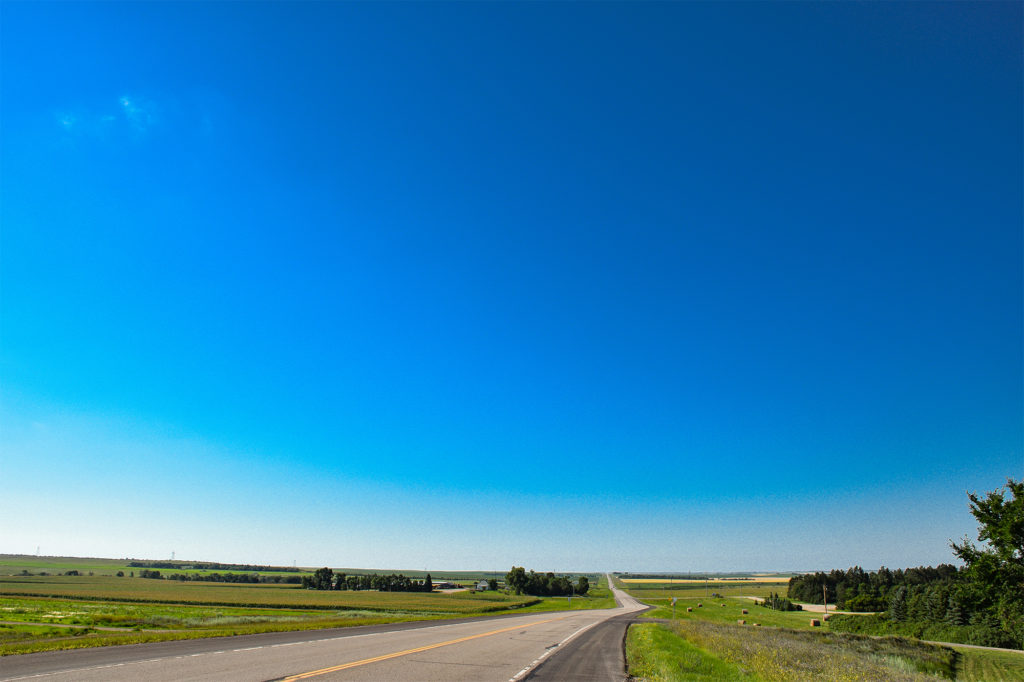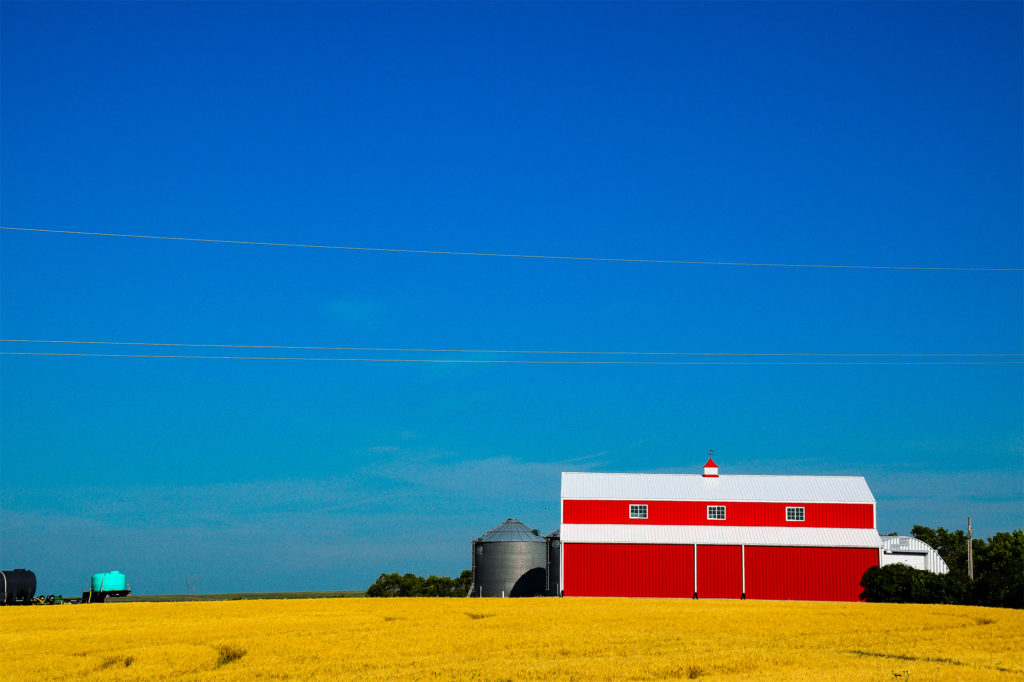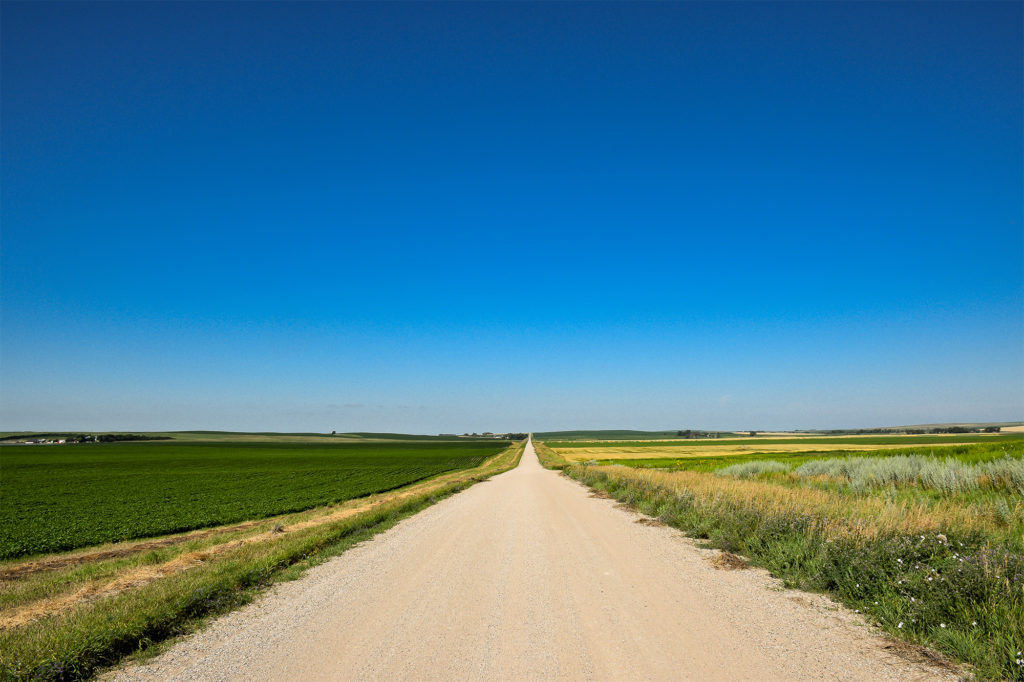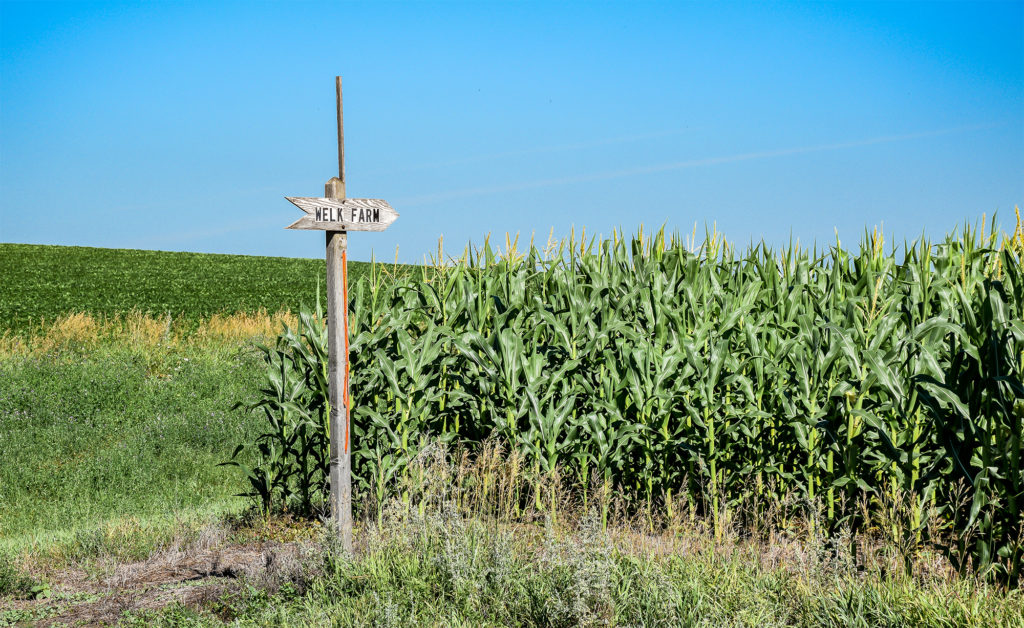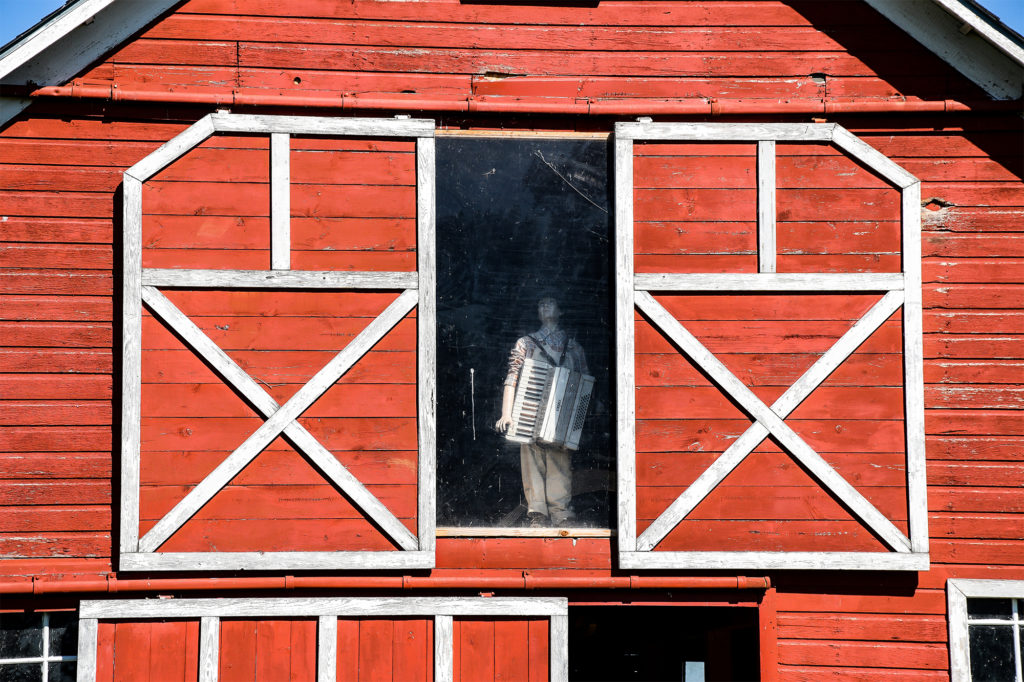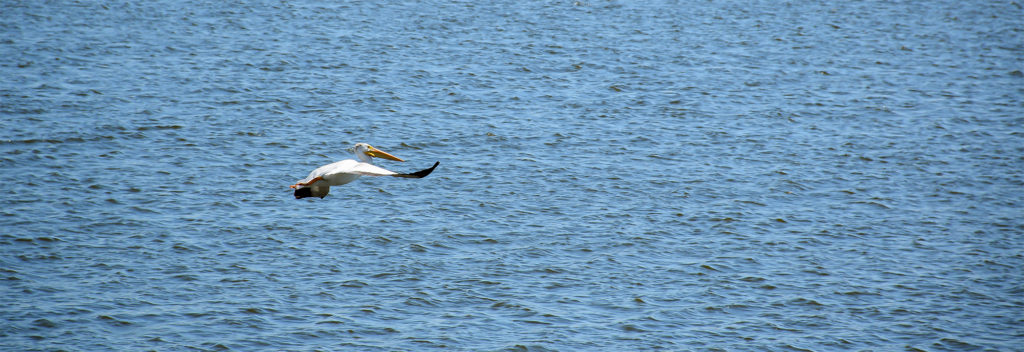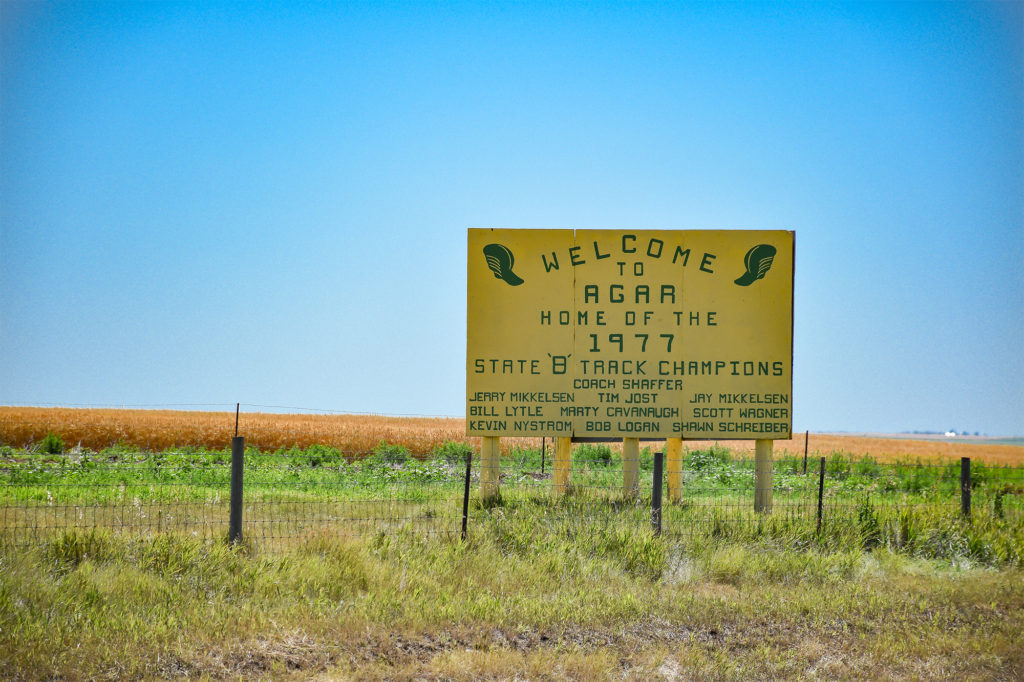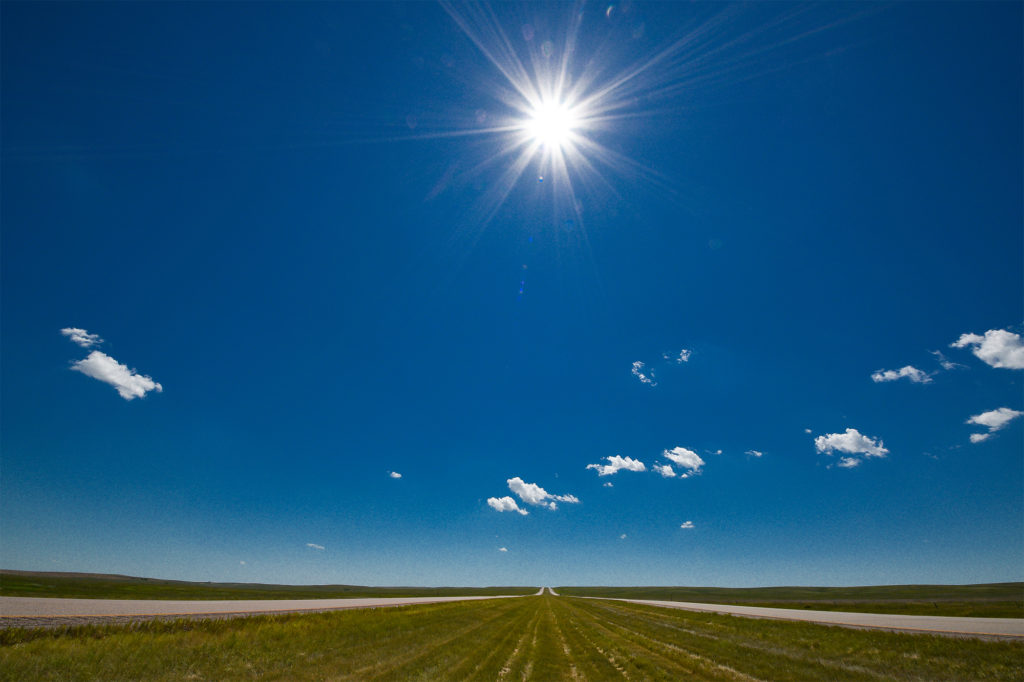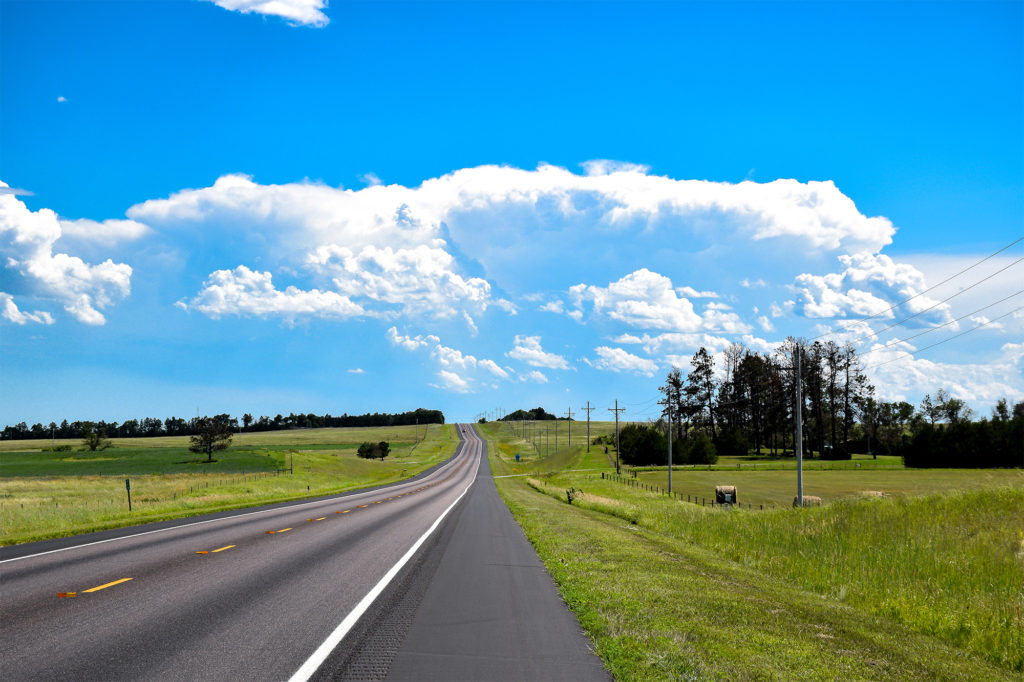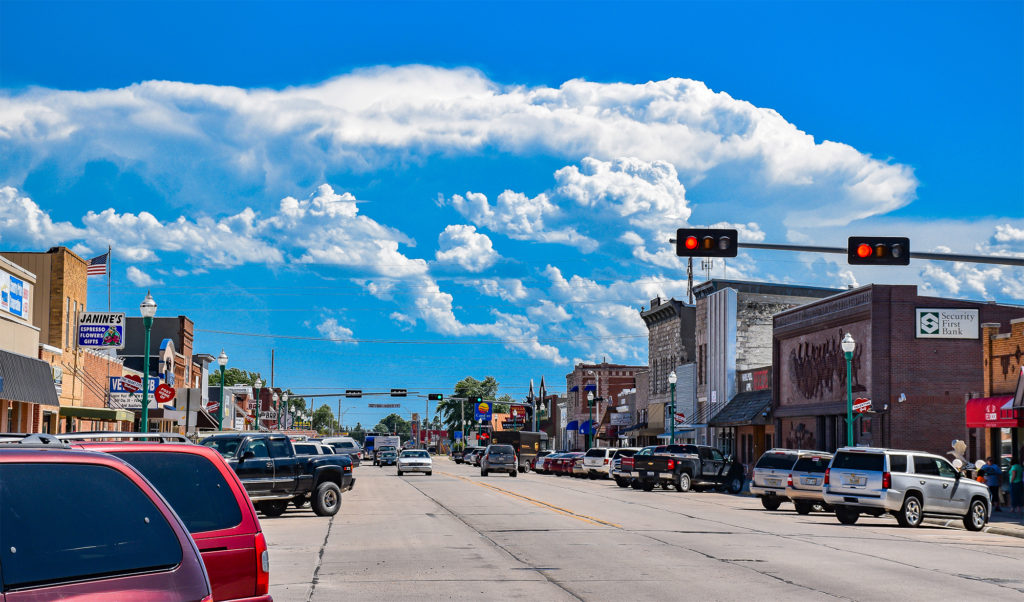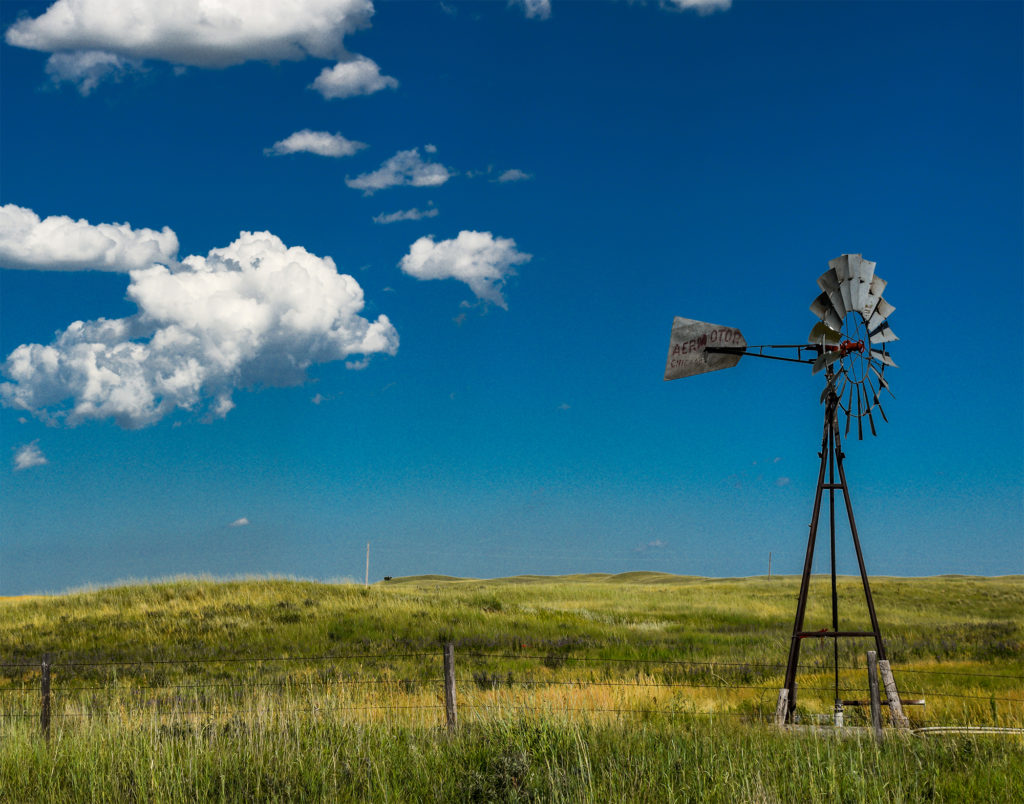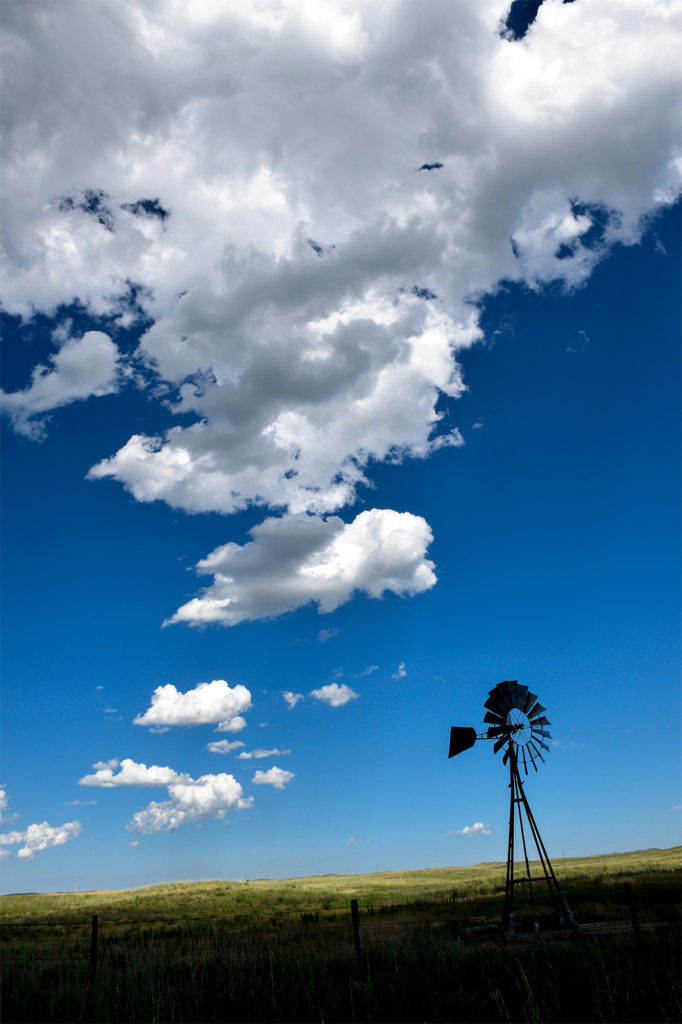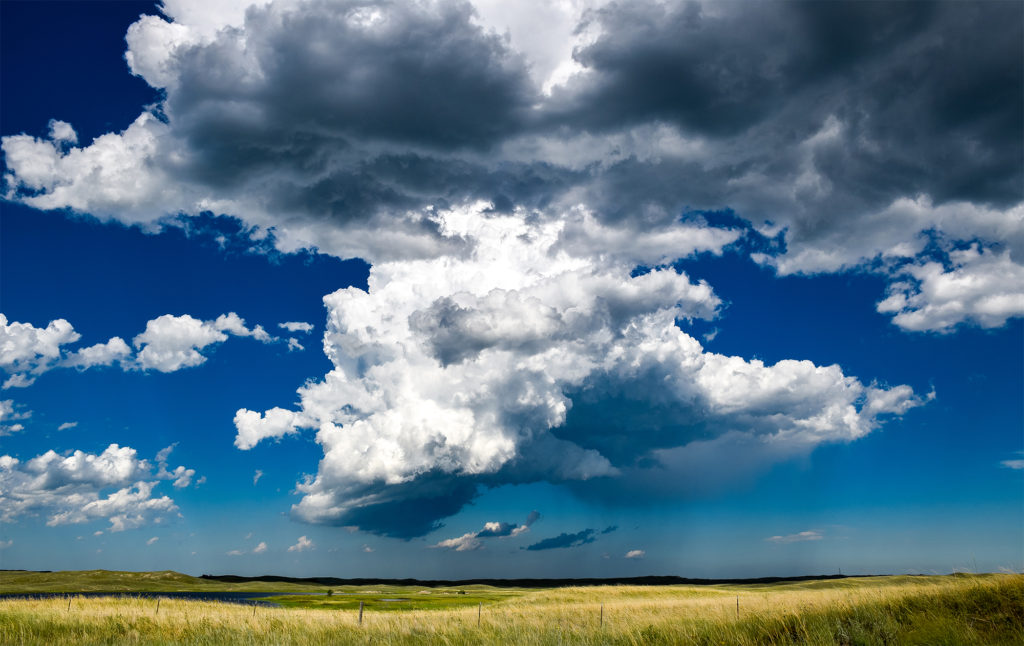I. The Church
Uncle Dondey has died. For real this time.
We had grieved in advance of his passing thanks to my highly excitable aunt, or rather, one of my highly excitable aunts (a certain level of hysteria thrums in the veins of this generation of women in our family). My aunts, Magdalena and Rosalva, and my mother Dolores are three of Dondey’s five sisters. They live within shrieking distance of each other—two and a half miles at the most—though they do use the telephone to share and sigh over life’s latest woes and to leap frantically to conclusions.
When Dondey, suffering from emphysema and a medley of collateral ailments, asked for a priest, Magdalena assumed the worst and soon the family, spread across dozens of area codes and multiple time zones, wept at the dreaded news. It turned out though that it was confession he wanted—only that. Not last rites. Not yet.
But here we are a month later. We’ve come from the Florida panhandle, the Gulf coast of Texas, the Arizona desert and from up and down the West Coast from Orange County to grey Seattle. We’re gathered in front of the little white church just off Cesar Chavez Parkway in the Barrio Logan district of San Diego. Our Lady of Guadalupe Church sits below Interstate 5, which bisected the barrio when its cement pylons were erected in the early sixties. Later the community would rise up and claim a disputed piece of real estate beneath the freeway, planting grass and painting murals and calling it Chicano Park, though a Yahoo map still labels it Bay Bridge Park. It’s from this park that another series of pylons rise west across the water to the luxury condos of Coronado.
Here at Our Lady of Guadalupe, all but one of the regularly scheduled masses is given in Spanish. Today, our mass will be in English, because the Spanish in our family has dwindled to only the most basic and essential words, the most common, the stereotypical. We know food words and exclamatory words, we know name-calling and nasty anatomical words, we know words of greeting and goodbye.
Our Lady of Guadalupe is the church where my uncle was baptized, where he made his First Communion, and where he is welcomed back after all these years. In our large and far-flung family, there are among us lapsed Catholics, faux Catholics, part-time Catholics, half-hearted Catholics, hypocritical Catholics, hopelessly strayed-and-never-to-return Catholics (me) and unwilling Catholics (my daughters who were surreptitiously flicked with holy water in a do-it-yourself baptism by my mother). My uncle was a come-as-you-are Catholic, showing up for God even when the gleam in his eye or the grin pulling at his mouth suggested his mind might be elsewhere.
The April morning is sunny but brisk, and we’re almost cozy in our black clothes.
Dondey’s son, John, stands with the other pallbearers, their gloved white hands like those of mimes or magicians, but without the nimble gestures or amazing quicker-than-the eye tricks. Guests greet Barbara, Dondey’s partner of the last twenty years, and then make their way into the church. But we, the rest of the family—Dondey’s sisters, nieces, nephews, great nieces, great nephews—remain outside.
The funeral director is trying to organize us, to shepherd us into the church, but we are an unwieldy bunch that can’t be sorted out or winnowed down.
“Who’s the immediate family?” he asks.
“All of us,” someone says.
He looks at us, a minor mob, and shrugs. “Follow behind the casket,” he tells us. As if we would do otherwise.
Inside, every pew is filled. There are no hymns, just an organ playing church music as we deliver Uncle Dondey to the altar.
II. The Cemetery
At La Vista Cemetery, the sun is almost directly above us, pushing down on our shoulders, burning through the black of our clothes. Along one side of the knobby hill an honor guard stands at ease—quite at ease. They’re a ragged bunch with scraggly beards and graying ponytails under red berets, no crispness to their posture. Aging vatos in fatigues.
I hear my sister say, “Hey, I saw those viejos at another funeral.”
The vatos raise their rifles and blast out three rounds and the hollow plunk of shell casings on the hard grass is somehow more stirring than the crack of the gunfire.
Music plays from a boom box—Mexican love songs, Sin Ti and Voy a Apagar La Luz and then it switches to Suavecito. Who could forget that song? The soothing, yearning vocals, the whispery percussion, the easy la la lyrics. It was all so suavecito.
When the song came out in 1972, Dondey was tending bar at Big Al’s, his muscles flexing as he splashed tequila into shot glasses. He was a partier, a smooth dancer, a womanizer. He called women babes and chicks and made my feminist ears burn. He hunted deer and elk with special dispensation on the nearby res. He hooked large-mouth bass from a rusty boat on the Lower Otay. And Dondey cooked—simmered big pots of menudo, sizzled to perfect doneness carne asada, set albóndigas to bubble in homemade salsa. He cooked nearly to the end, coughing, absent his dentures, leaning on his aluminum walker and ever mindful of the handwritten note that Barbara taped above the stove: “Dondey, Do Not Cook Wearing Your Oxygen!”
When the last la la’s of the song fade, people start to leave. Rosalva, my eighty-six-year-old aunt wobbles across the grass on heels, a niece or nephew always within range should she topple in any direction. Later in the car, she complains about the uneven ground at cemeteries, the perils it poses to innocent mourners. “I was walking just like …” she pauses, searching for a proper analogy. “I was walking just like a little old lady,” she says.
I pat her knee. I watch her change out of her heels into soft black moccasins. The flesh on her tiny bird legs is crinkly as tissue paper and I wonder if there will be a sound if I touch her skin.
III. The VFW Hall
At the VFW Hall, we sit down to frijoles, arroz, chilequiles, chile verde, pollo asado (all the foods within our vocabulary), a gooey fruit salad, and a table full of sweets, including the donuts my uncle loved from the hole-in-the-wall shop on Euclid Avenue—a corner spattered with pigeon poop and pock-marked by bullets.
We eat until the food is gone, our black clothes suddenly tight. We talk until the lone mariachi croons the last of his songs, none of which was heard above our table chatter, some of it about Dondey, but the rest of it about ourselves, our hectic lives, our complaints and disorders, of impending hip replacements, cures for irregularity, prescriptions for insomnia. We’re exhausted and we push back our chairs.
My cousin John is silhouetted against the west-facing door, his black shirt, black pants, black jacket absorbing the mid-afternoon sun. He looks like the Mexican Mafia. “You look good,” I tell him. I mean it. He’s a bad-ass Chicano Blues Brother. He wears an Apolo Ohno soul patch on his chin. His waist-length hair is frayed at the ends. He could use a trim, a little conditioner. But no, that would ruin the effect.
We line up to have our picture taken with him before we exit. Some have to be on the road to L.A. or the Bay Area. Others will fly to destinations farther north or eastward. One cousin will stay an extra day and install a new shower fixture for my Aunt Rosalva. She wants the kind with pulsating pressure.
My aunts and my mother need to be driven home for naps. The VFW hall is nearly empty, but still we linger a bit, look around, afraid we have forgotten something. Then finally, slowly, we scatter.
